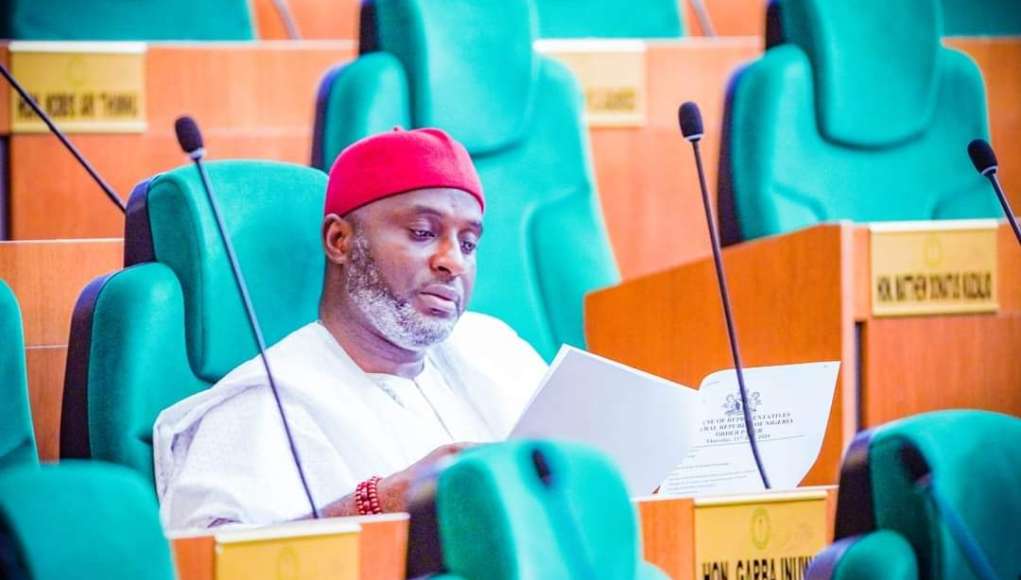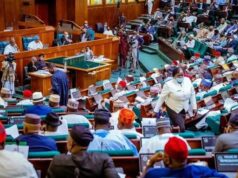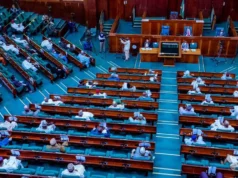The bill seeking to create Etiti State from the five South-east states has passed the second reading in the House of Representatives, ABN TV reports.
The bill, sponsored by Amobi Ogah (LP, Abia), Miriam Onuoha (APC, Imo), Kama Nkemkama (LP, Ebonyi), Chinwe Nnabuife (YPP, Anambra), and Anayo Onwuegbu (LP, Enugu), was passed for the second reading on Thursday during a plenary session after a debate on its general principles.
The constitutional alteration bill seeks to amend Section 3(1) of the 1999 Constitution to increase the number of states from thirty-six to thirty-seven by inserting “Etiti” immediately after “Enugu.”
It aims to carve out a new state from the five South-east states of Abia, Enugu, Anambra, Ebonyi, and Imo.
According to the synopsis of the bill presented by Hon. Ogah, the proposed state will comprise 11 local government areas (LGAs).
They are Isuikwuato and Umunneochi LGAs from Abia; Orumba North and Orumba South LGAs from Anambra; Ivo and Ohaozara LGAs from Ebonyi; Aninri, Awgu, and Oji River LGAs from Enugu; and Okigwe and Onuimo LGAs from Imo.
The designated capital of the state is Lokpanta, which is currently located in Umunneochi, Abia State.
Hon. Ogah explained that the bill seeks to address a longstanding issue of regional parity and administrative efficiency within the South-east geopolitical zone of Nigeria.
“It proposes an alteration to the Constitution of the Federal Republic of Nigeria, 1999, to accommodate the creation of Etiti State, thereby increasing the number of states in the South-east geopolitical zone to six,” Mr Ogah said.
He added that the proposed amendment is anchored on the principles of equity and inclusivity.
“The establishment of Etiti State is not just a matter of administrative convenience but a step towards ensuring balanced regional development and effective governance.
“It responds to the aspirations of the people of a very important region to this country and aligns with the principles of equity and inclusivity enshrined in our democratic ideals,” Mr Ogah noted.
The bill was passed for the second stage without debate by the House, and when it was put to a vote by Speaker Abbas Tajudeen, members unanimously voted in support.
The bill was referred to the Committee on Constitution Review for further legislative action.










